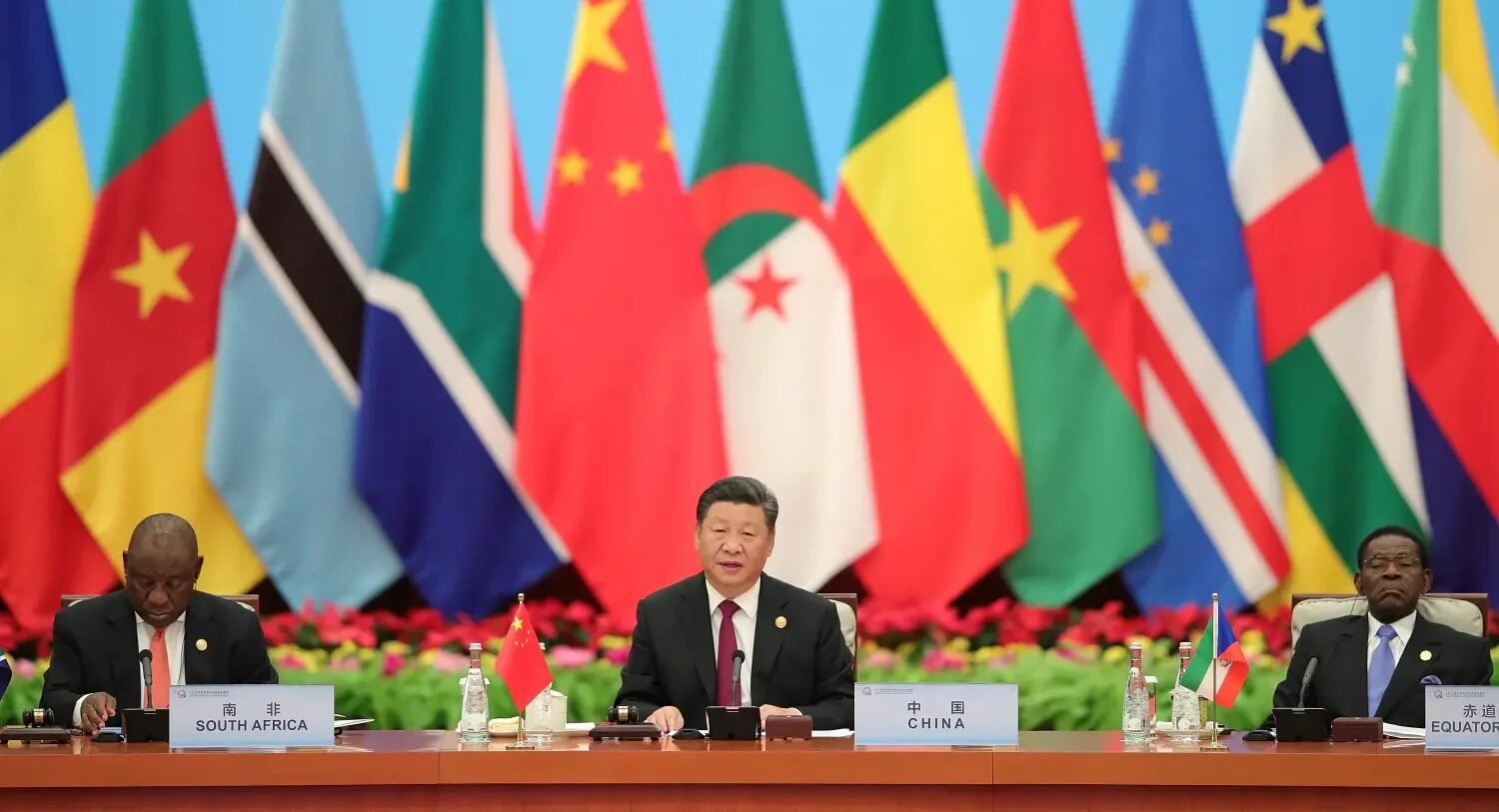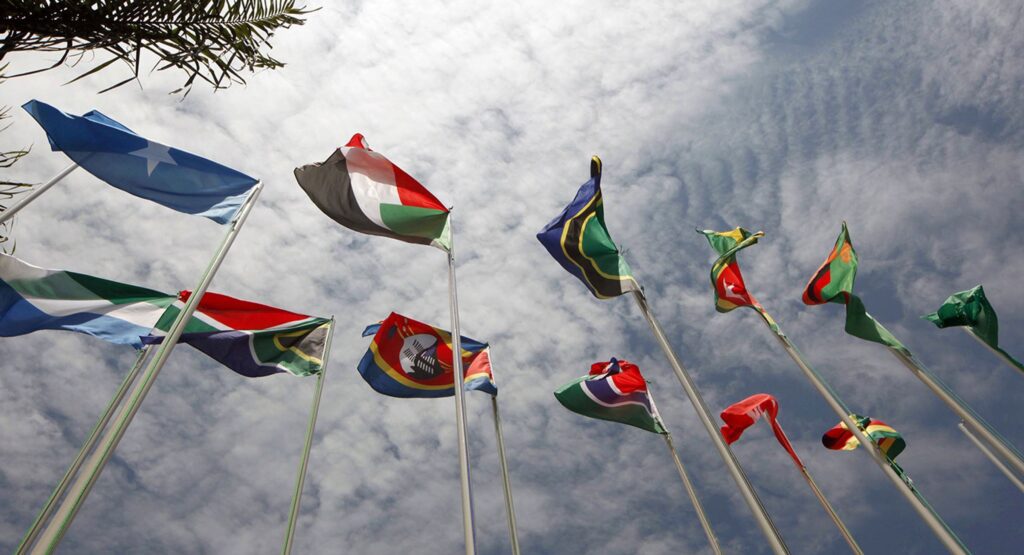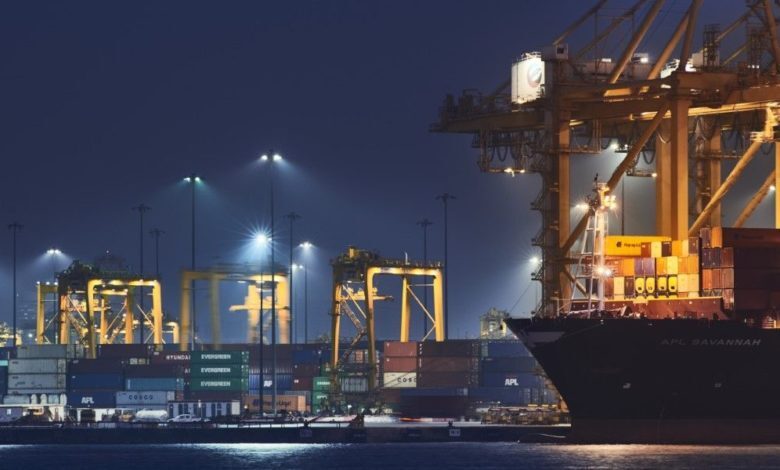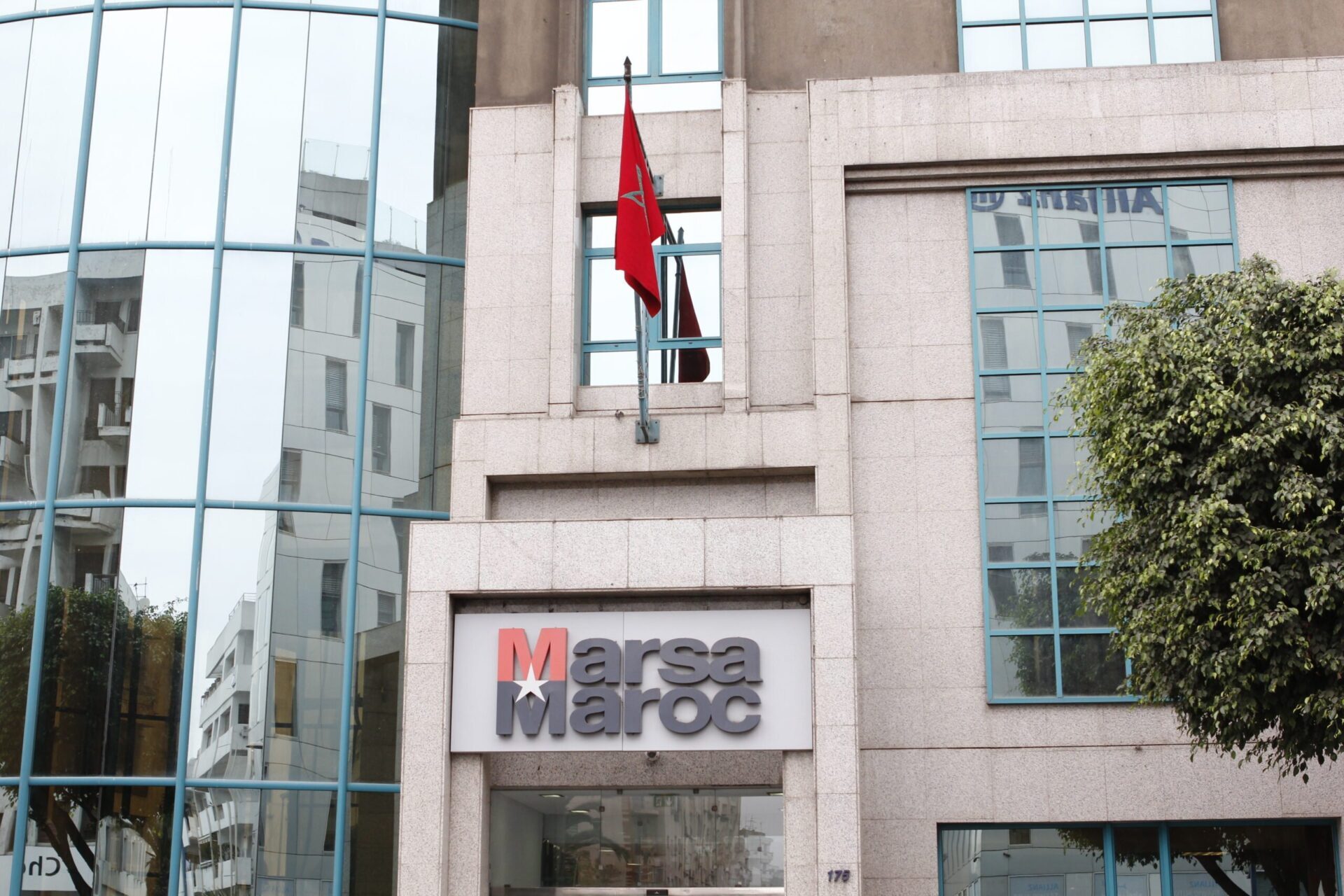
Wednesday 29th October 2025

by inAfrika Newsroom
Africa AI infrastructure is moving from pitch decks to steel and power. Kenya and Morocco are racing to secure domestic high-performance compute, and senior officials now call that capacity strategic, not optional. Moreover, they argue that whoever controls energy supply, data location and cloud governance will write the region’s digital rules.
Kenya has lined up a US$1 billion programme with Microsoft and Abu Dhabi–based G42 to build a geothermal-powered hyperscale data centre at Olkaria in Naivasha. The partners say the site will host a new East Africa Cloud Region on Microsoft Azure, train AI models in English and Swahili, and sit on KenGen’s baseload geothermal wells to guarantee clean power. Moreover, they told Kenyan officials the first phase should be online within two years of finalising agreements.
Kenya’s Artificial Intelligence Strategy 2025–2030 demands local compute capacity, strict data localisation, and an AI skills pipeline for health, agriculture, finance and public services. Consequently, Nairobi says it does not want critical workloads — for example, criminal justice data or hospital records — to live only in foreign clouds. Analysts said the plan positions Kenya as East Africa’s policy centre for “responsible AI,” not just a buyer of foreign platforms.
However, North Africa is moving in parallel. Morocco plans a 500-megawatt AI data centre campus backed by Naver Cloud, Nvidia-linked partners and regional investors. Officials in Rabat said the complex will run on renewable energy in Dakhla, strengthen national data-storage security, and export sovereign cloud and AI compute to Europe, West Africa and the Sahel, starting with a first 40MW phase built around Nvidia’s new Blackwell GB200 chips from late 2025. Moreover, the digital transition ministry said the aim is to anchor Moroccan — not foreign — custody of strategic data.
Private African players are also scaling capacity. Cassava Technologies has agreed a roughly US$700 million programme with Nvidia to deploy AI “factories” and high-performance data centres in South Africa, Egypt, Nigeria, Kenya and Morocco. Moreover, the company said it has already installed about 3,000 Nvidia GPUs in South Africa and plans to roll out another 12,000 GPUs across the continent in the next three to four years; people close to the deal said Nvidia has also taken a direct stake in Cassava, which controls Africa Data Centres and Liquid Intelligent Technologies.
Why it matters: Africa AI infrastructure is now a sovereignty issue. Whoever controls compute will shape how ministries digitise health records, how tax authorities hunt fraud, how security agencies process border data, and how African languages enter global AI systems. Moreover, former Nvidia executives and Africa-focused analysts estimate AI could add roughly US$2.9 trillion to Africa’s economy within the next five years — and about US$2.9 trillion by 2030 — if governments align compute, energy and skills.
For Africa, the signal is clear. At the same time, people involved in Kenya’s talks say the Olkaria data centre reflects a wider contest between U.S. tech firms, Gulf investors and Chinese vendors for influence over who hosts Africa’s core cloud and AI backbone. Consequently, high-end compute now sits in the same negotiating basket as ports, rail, debt relief and access to strategic minerals


